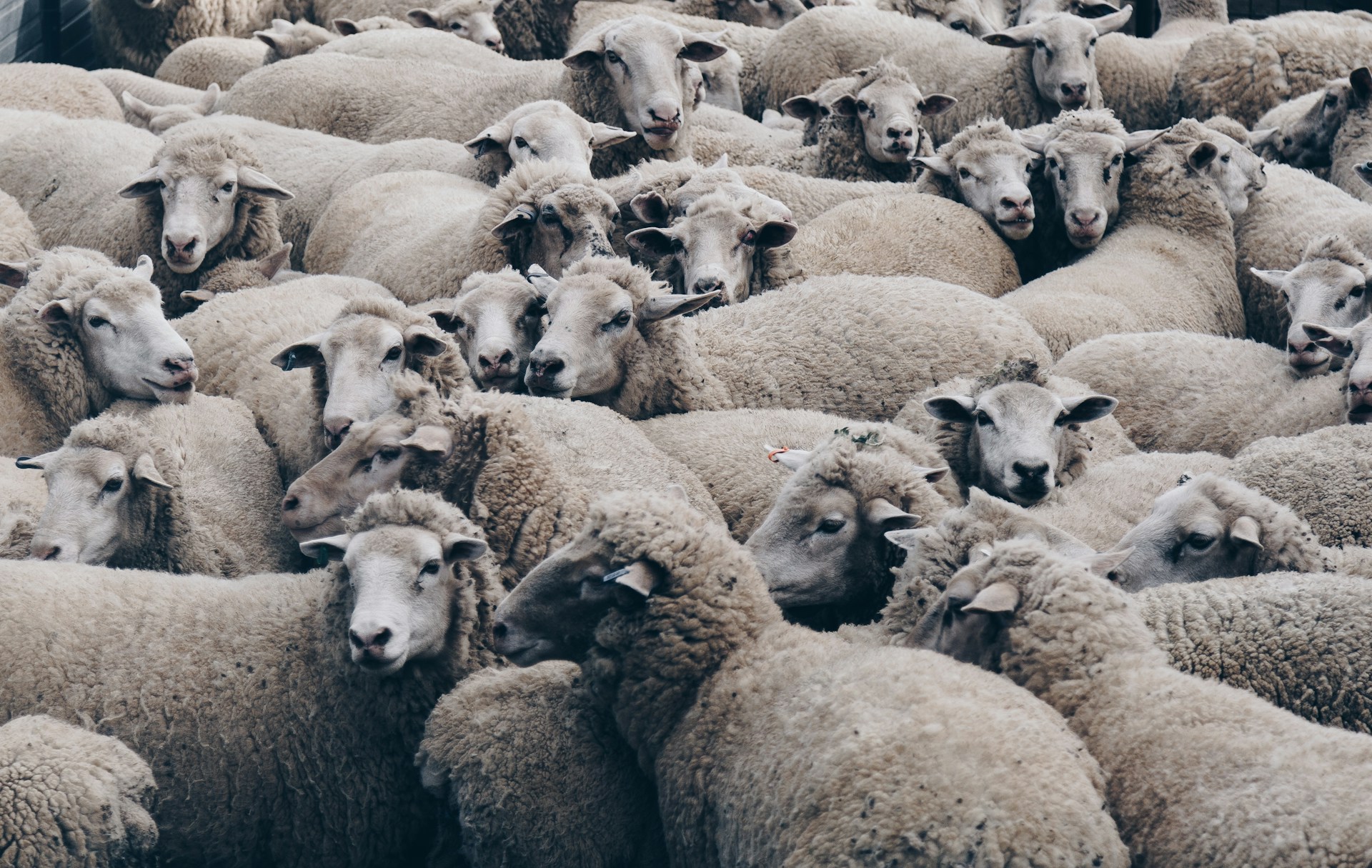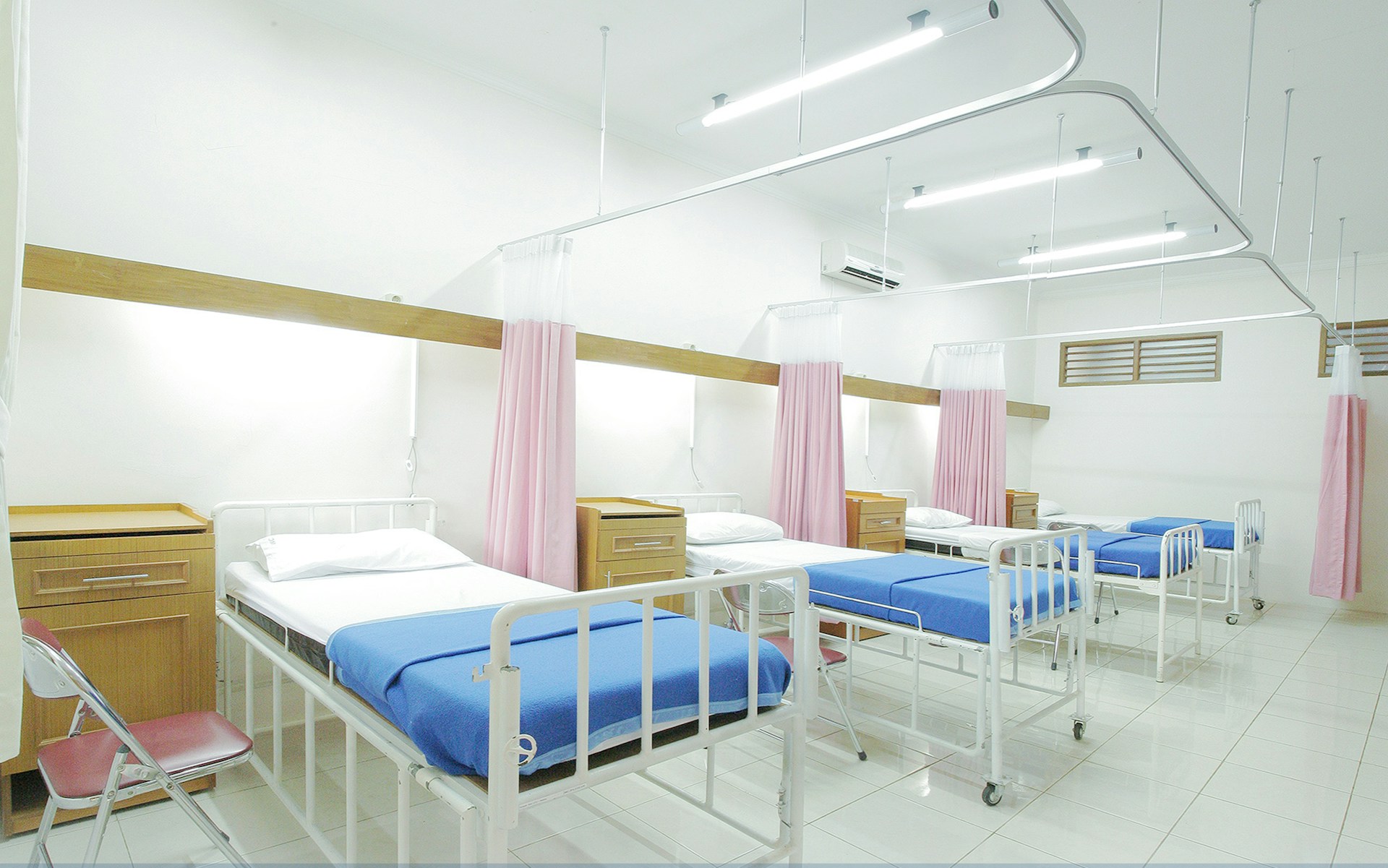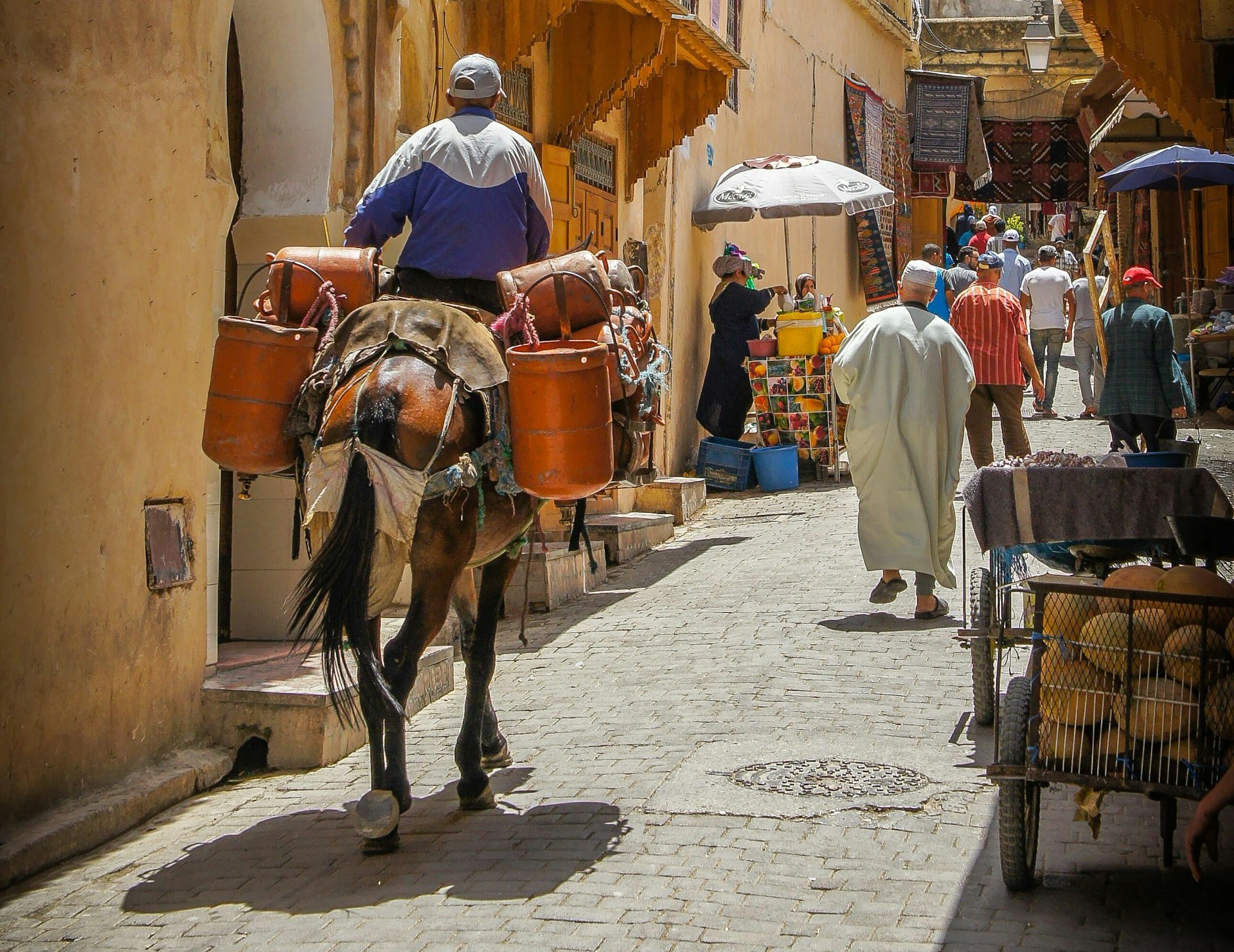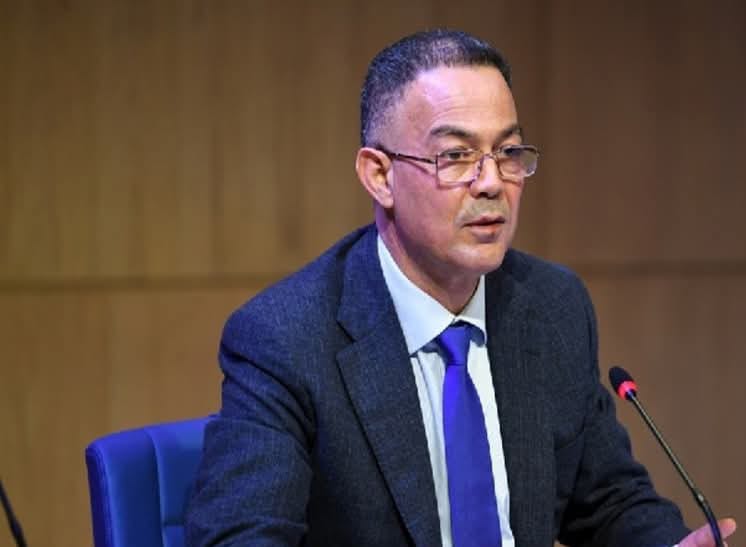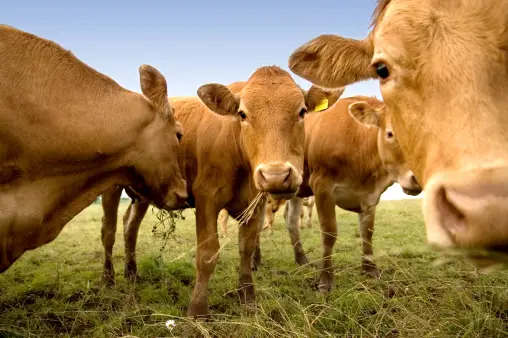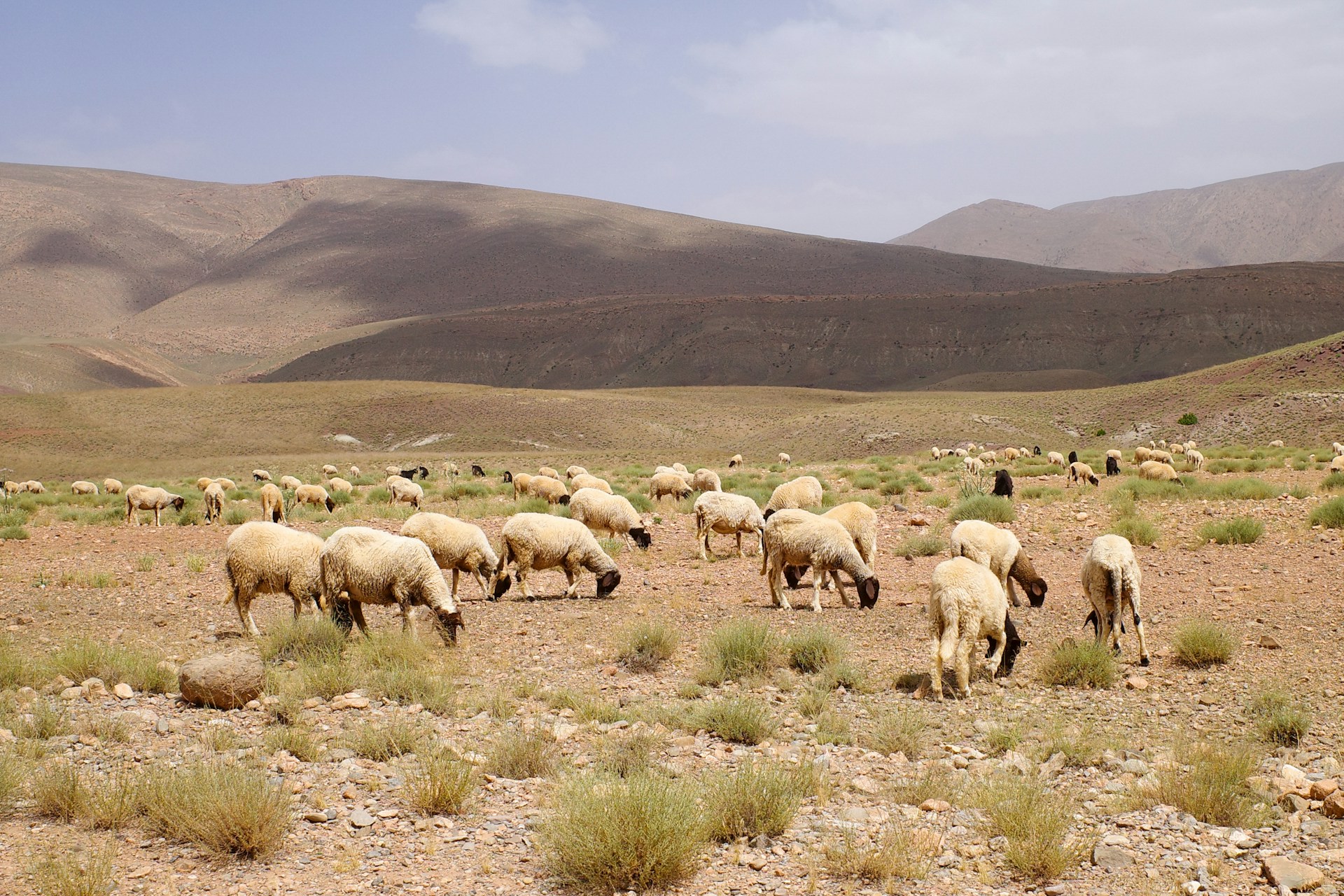Casablanca – In response to rising livestock prices and the challenges posed by successive years of drought, the Moroccan government allocated over $45 million to subsidize the import of sheep for Eid Al-Adha in 2023 and 2024. This exceptional financial measure aimed to ensure adequate supply, stabilize market prices, and support consumer purchasing power amid global economic pressures.
Financial breakdown and import figures
Following the decision to cancel Eid Al-Adha sacrifices this year and the ongoing controversy over the feasibility of sheep imports, the Ministry of Agriculture, Fisheries, Rural Development, Water, and Forests has finally disclosed the total financial support allocated to the program over the past two years. The figures reveal that the government spent approximately $45.1 million on the initiative:
- $19.9 million in 2023
- $25.2 million in 2024
This financial support facilitated the import of 875,000 sheep over the two years:
- 386,000 heads in 2023
- 489,000 heads in 2024
The subsidy provided $51 per sheep, helping to reduce costs for importers and consumers alike.
Who benefited from the support?
The sheep import program was open to all eligible importers under a joint ministerial decision by the Ministry of Finance and the Ministry of Agriculture. A total of 156 importers participated in the process:
- 61 importers in 2023
- 95 importers in 2024
The government also implemented a tax exemption policy, removing customs duties and value-added tax (VAT) on imported livestock. Officials confirmed that this measure had no financial impact on the state budget, as the previous 200% tariff on livestock imports was purely protective rather than a revenue-generating mechanism.
Did this measure impact local prices?
The primary objective of this subsidy was to prevent extreme price hikes in the livestock market, ensuring that Moroccan households could afford sheep for Eid celebrations. The Ministry of Agriculture stated that the support program helped maintain stable red meat prices and prevented them from reaching record levels.
However, market analysts observed mixed results in terms of price stabilization. While the increased supply of imported sheep helped ease market pressure, other factors such as feed shortages, transportation costs, and high demand still influenced prices. Some local farmers raised concerns that imports could negatively impact domestic livestock breeders, who faced higher production costs due to drought-related feed shortages.
Despite these challenges, the government maintained that the subsidy was necessary to prevent severe price hikes that could have placed additional financial strain on consumers.
Government’s broader economic measures
This financial intervention was part of a broader strategy to mitigate the effects of inflation and climate-related agricultural challenges. Since its formation, the government has implemented various economic relief measures, including:
- VAT exemptions on essential goods
- Customs duty exemptions on key agricultural imports, such as soft wheat, livestock, and farming equipment
These measures were designed to ease price pressures on consumers while supporting the agricultural sector in adapting to climate and economic challenges.
A necessary but temporary measure
With the cancellation of Eid Al-Adha sacrifices this year and ongoing debates on the effectiveness of sheep imports, the disclosure of financial figures by the Ministry of Agriculture sheds new light on the impact of government interventions. The $45 million subsidy provided in 2023 and 2024 aimed to stabilize prices and secure supply, but did not fully resolve structural issues affecting Morocco’s livestock sector.
As discussions continue, experts suggest that future policies should prioritize domestic livestock sustainability to reduce reliance on imports and ensure long-term price stability for Moroccan consumers.






